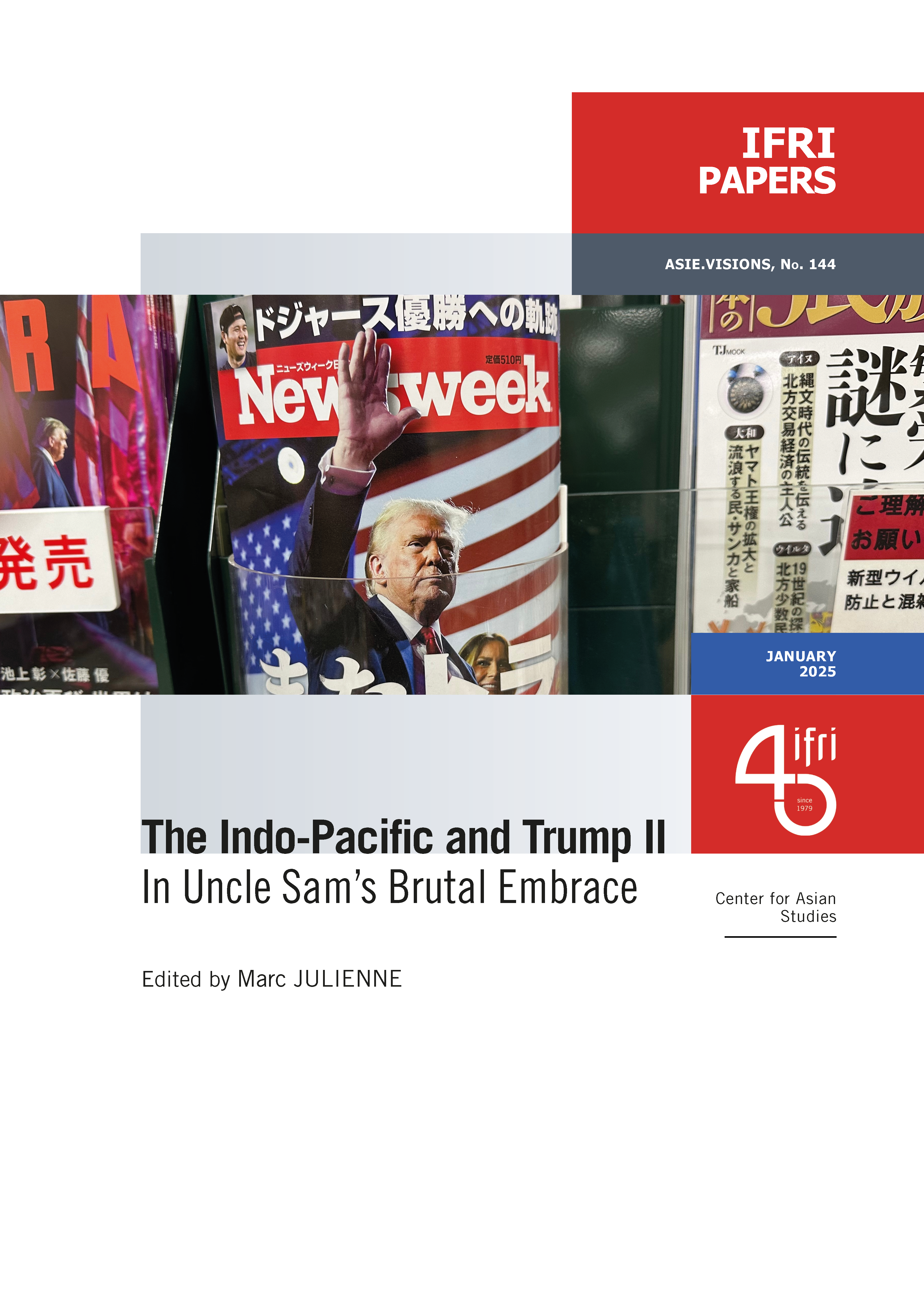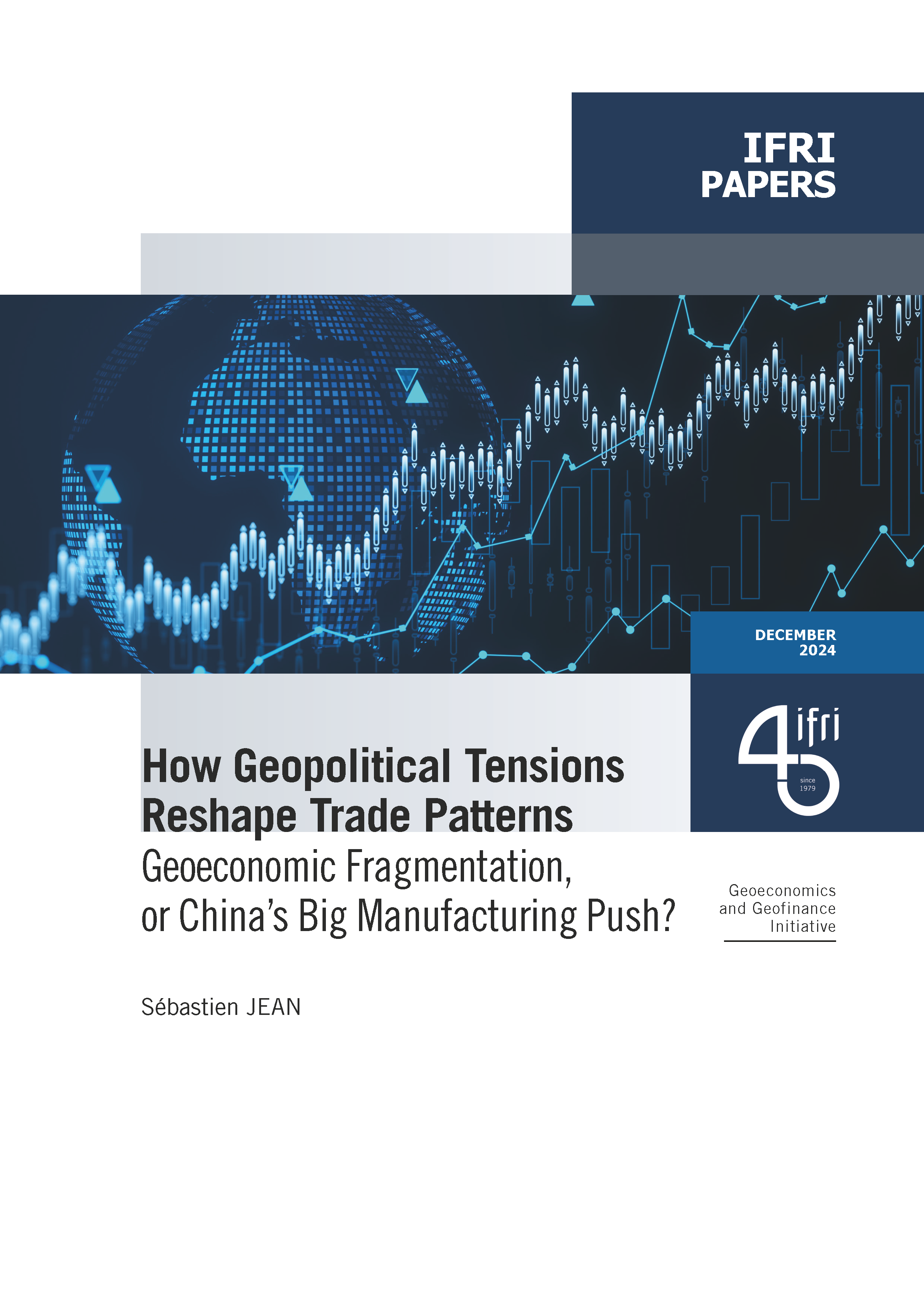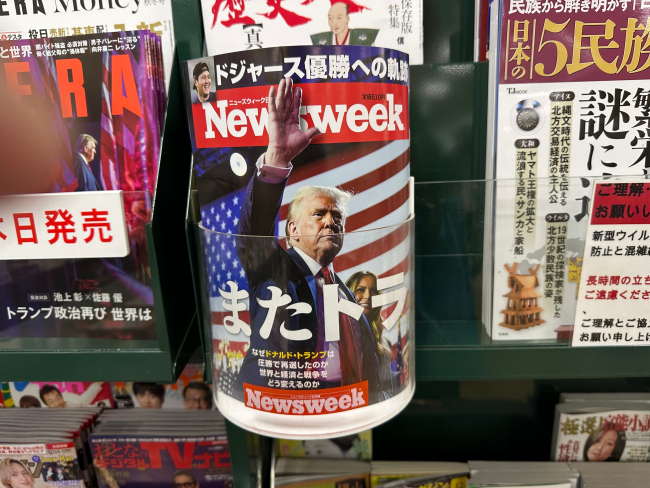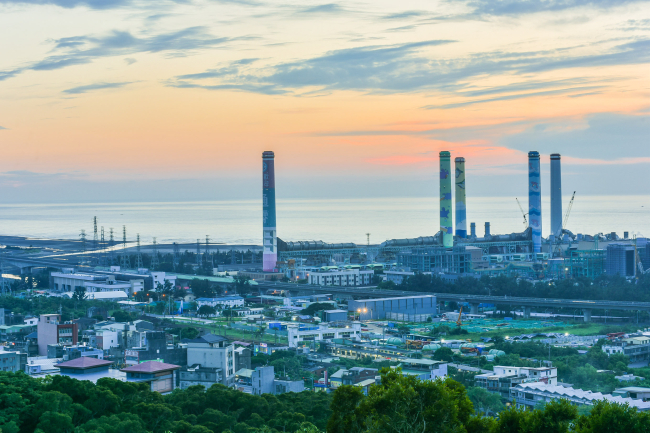Taiwan's Security: Challenges Ahead and the Impact of a Trump Administration
An interview with I-chung Lai, President, Prospect Foundation, in which he explains how Taiwan's security environment has evolved and what to expect from the next Trump administration.


Macron's Taiwan comments expose muddled China policy
French President Emmanuel Macron's call for Europe to steer clear of a Taiwan conflict -- rooted in France's pride and deep-seated resistance to following America's lead -- has raised questions about where he and Paris really stand on China.
France's Macron is sending China the wrong signals
More realistic posture would strengthen Paris' role in Indo-Pacific region
Does Macron's stance on Taiwan weaken G7 deterrence against China?
One of Prime Minister Fumio Kishida’s top goals for next month’s Group of Seven summit in Hiroshima is to create a united front on issues like China and Ukraine. But finding a unified approach to dealing with Beijing’s assertiveness might have just become harder.


France’s Macron Renews Call for a Sovereign Europe Less Reliant on Foreign Powers
French president’s remarks follow criticism over his warning that Europe should steer clear of U.S.-China tensions over Taiwan


Europe is ‘counting on China’ to end Russia’s war in Ukraine, leaders tell Xi Jinping in Beijing
European Commission chief Ursula von der Leyen and French President Emmanuel Macron deliver united message to Chinese president during visit ; but as French leader signed over 20 business deals on China trip, EU chief took sterner line with Xi on economic grievances, human rights and Taiwan


In China, Macron appeals to Xi to help end Ukraine conflict
French President Emmanuel Macron called on Chinese President Xi Jinping to help convince Russia to hold negotiations toward ending the war in Ukraine as the two leaders met in Beijing on Thursday.
France’s Emmanuel Macron to Press Xi Jinping on China’s Support of Russia
French President Emmanuel Macron is expected to press Chinese leader Xi Jinping during a trip to China this week to limit support for Russia in its war against Ukraine, according to French officials, amid growing Western concerns over Beijing’s deepening economic and political ties with Moscow.
France and AUKUS: A Necessary Reconciliation
One year on, the announcement of the Australia-U.K.-U.S alliance has not been accompanied by any major changes to France’s Indo-Pacific defense strategy.
Contact tracing and Internet governance: debate with Audrey Tang, Digital Minister of Taiwan
Audrey Tang, Digital Minister of Taiwan, discussed the impact of technological changes such as 5G, contact tracing and Internet governance in an online debate.
The Indo-Pacific and Trump II. In Uncle Sam’s brutal embrace
In this collective analysis, the research team of the Center for Asian Studies presents a synthetic and non-exhaustive assessment of the relations taking shape between the United States under the Trump II administration and some of the main players in the Indo-Pacific.
Taiwan’s Rising Space Program: Building Up Industry, Supporting National Security
Taiwan, known for its leadership in semiconductors and information and communications technology (ICT), is now making significant strides in the space industry. While historically modest, Taiwan’s space program has seen a transformation since 2020, driven by President Tsai Ing-wen’s commitment to expanding the country’s space capabilities. Key milestones include the passage of the Space Development Act and the creation of the Taiwan Space Agency (TASA), which has bolstered the resources and visibility of Taiwan’s space ambitions.
Taiwan's Energy Supply: The Achilles Heel of National Security
Making Taiwan a “dead island” through “a blockade” and “disruption of energy supplies” leading to an “economic collapse.” This is how Colonel Zhang Chi of the People’s Liberation Army and professor at the National Defense University in Beijing described the objective of the Chinese military exercises in May 2024, following the inauguration of Taiwan’s new president, Lai Ching-te. Similar to the exercises that took place after Nancy Pelosi’s visit to Taipei in August 2022, China designated exercise zones facing Taiwan’s main ports, effectively simulating a military embargo on Taiwan. These maneuvers illustrate Beijing’s growing pressure on the island, which it aims to conquer, and push Taiwan to question its resilience capacity.
Taiwan's Elections: Victory but No Blank Check for William Lai
On January 13, 2024, the Democratic Progressive Party (DPP) was reelected for an unprecedented third consecutive term since popular elections began in 1996.
Balance of Power in the Taiwan Strait in the Case of a Natural Disaster: Considering an Overlooked Scenario
Scenario planning in the Taiwan Strait that solely assumes a situation without natural disasters or emergencies, where the military and government function as usual, falls short in preparing for more complex contingencies.
Emmanuel Macron Visits China: Stability in the Taiwan Strait Should be a Priority for France
President Emmanuel Macron will visit China from April 4 to 8 for the first time since 2019 and five months after his meeting with Chinese President Xi Jinping, on the sidelines of the G20 summit in Bali.
Modernizing the People's Liberation Army: The Human Factor
The tremendous demographic challenges facing China will not significantly affect the People’s Liberation Army (PLA) in the immediate future, but will become more problematic in the medium and long term. The rapid aging of the population and the resulting socio-economic imbalances will put pressure on defense budgets, military wages and the general attractiveness of the army. For the time being, the PLA’s primary goal in terms of human resources is to build a less oversized, more professional army, prepared for high-intensity combat.
Emmanuel Macron: The Preferred Choice for Taipei and Beijing
The second round of the French presidential election on April 24 will decide whether Emmanuel Macron, the incumbent president, or Marine Le Pen, the leader of the far right nationalist party Rassemblement national (national gathering), will become president of the French Republic for the next five years.
The Sino-Lithuanian Crisis: Going beyond the Taiwanese Representative Office Issue
The year 2021 marked the 30th anniversary of the establishment of diplomatic relations between China and Lithuania. Instead of commemorative events and customary lofty rhetoric, the bilateral relationship rapidly plunged to a level rarely seen in either country’s foreign policies since the end of the Cold War.
India-Taiwan Ties: A Case for Stronger Partnership
The links between India and Taiwan have gathered unprecedented momentum in recent years. This has largely come about due to growing support for Taiwan at civil society level in India.
Taiwan's Security: Challenges Ahead and the Impact of a Trump Administration
An interview with I-chung Lai, President, Prospect Foundation, in which he explains how Taiwan's security environment has evolved and what to expect from the next Trump administration.
Support independent French research
Ifri, a foundation recognized as being of public utility, relies largely on private donors – companies and individuals – to guarantee its sustainability and intellectual independence. Through their funding, donors help maintain the Institute's position among the world's leading think tanks. By benefiting from an internationally recognized network and expertise, donors refine their understanding of geopolitical risk and its consequences on global politics and the economy. In 2024, Ifri will support more than 70 French and foreign companies and organizations.























